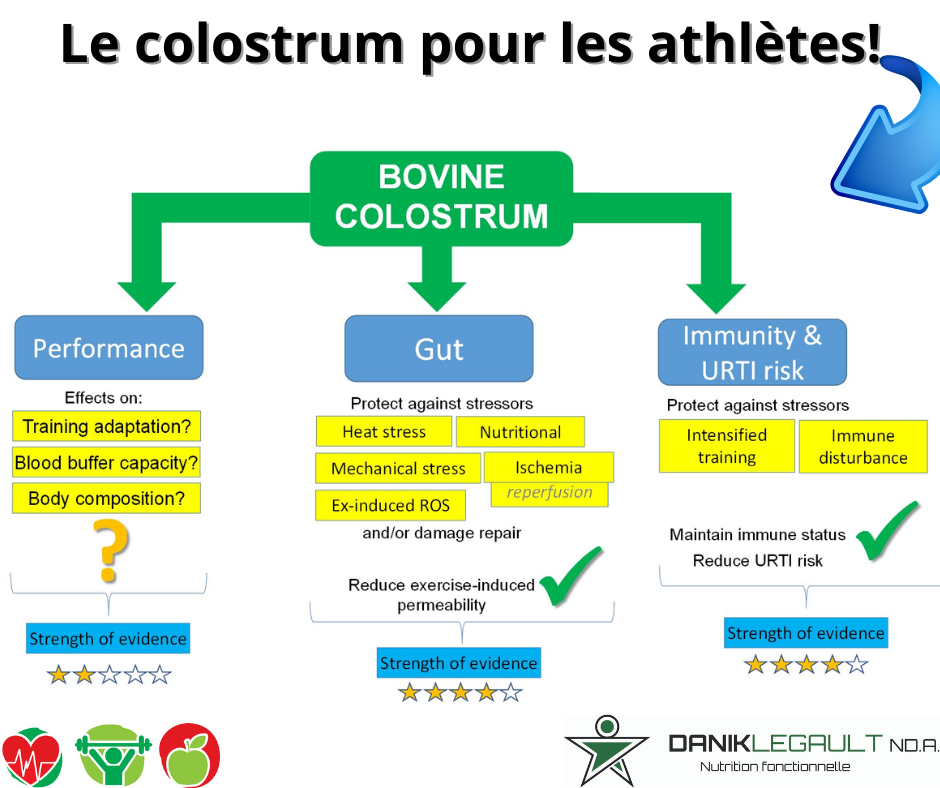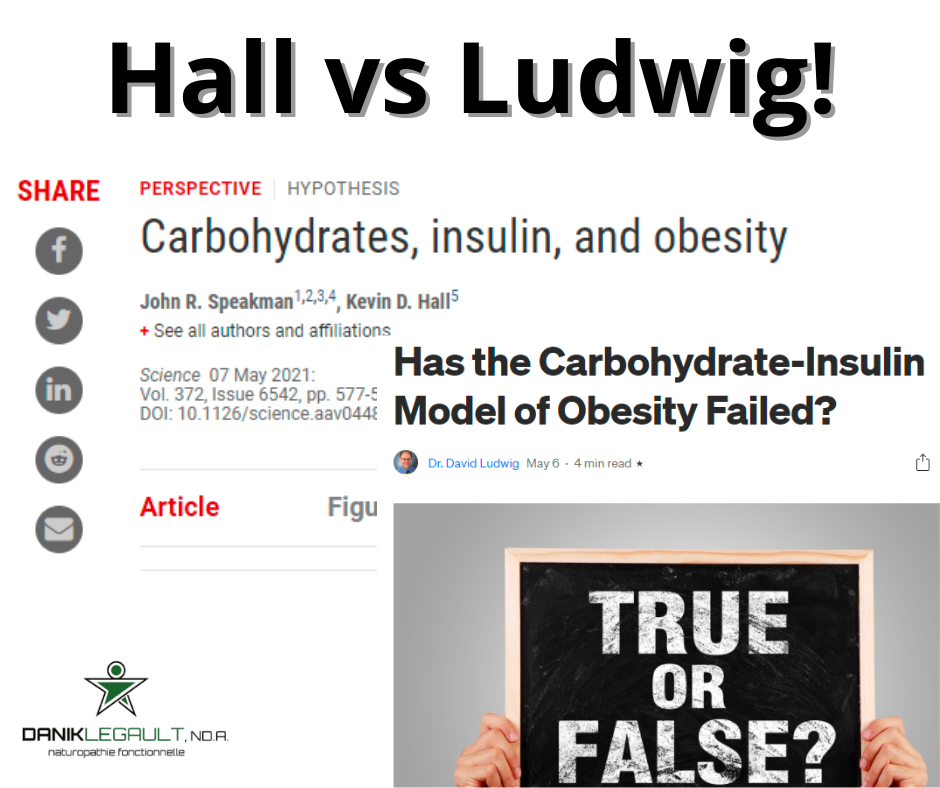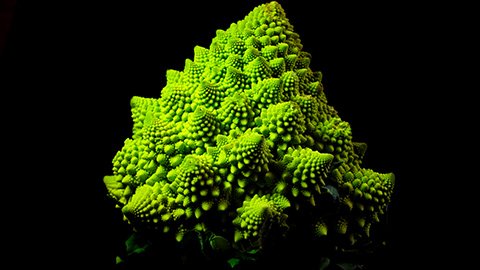Voir l’étude du 21 octobre 2020 :
https://
Superbe étude qui vient confirmer plusieurs observations cliniques et études précédentes en plus d’apporter de nouveaux détails. Je sais que certaines personnes qui suivent ma page sont intéressées par ce sujet.
Ils ont utilisé une nouvelle méthode d’analyse « quasi-paired » appliquée à des analyses « metagenomic » du microbiote.
Observations :
• Dysbiose : Surplus de levures et ratio entre Veillonella, Rhamnosus et Longum, Prevotella inversé
• Plusieurs enzymes reliés à la détoxification en carence : gshA, gshB, ggt, pepB, phnJ, etc. menant à une accumulation de toxines
• Méthylation compromise
• Surproduction d’acide quinolinique
• Dysfonction des mitochondries
• Etc.
Voici quelques extraits intéressants :
« our study revealed a previously unidentified ASD-associated deficiency in microbial detoxification, which exhibited a strong correlation with the degree of mitochondrial dysfunction, as well as the severity of clinical ASD manifestations. »
« Toxicant exposure has been epidemiologically confirmed as an important etiological factor of ASD, and patients often show some clinical manifestations of intoxication. »
« In addition to the host detoxification system such as hepatic enzymes like P450, the intestinal microbiome may function as the first defense toxicants by degrading or expelling them, as the digestive tract is the major route by which we ingest toxins. »
« One of the main pathological manifestations of ASD is the dysfunction in mitochondria, major targets of organic toxicants due to their lipophilic properties. When the intestinal microbial detoxification is severely impaired in ASD, more toxicants of external and internal origins might enter circulation and injure the mitochondria of various tissues. »
« However, the reasons for deficiencies in microbial detoxification are not clear. One possibility is that microbial detoxification deficiency is the consequence of microbiome dysbiosis caused by various genetic and environmental factors such as altered diet and defects in the digestive system, which change the nutrients provided to the microbial inhabitants. »
« Toxicants implicated in ASD include organochlorine pesticides, polycyclic aromatic hydrocarbons, automotive exhaust, and heavy metals, most of which are organic compounds, especially aromatic and halogenated compounds. Organic toxicants are often lipophilic and prone to accumulate in fatty tissue such as the brain following chronic intake and then damage membrane structures such as those of mitochondria. Glyphosate (N-phosphonomethyl-glycine
« Aromatic hydrocarbons are compounds containing one benzene ring or more than one fused ring (polyaromatic hydrocarbons). Many bacterial species, especially in the phyla Proteobacteria and Actinobacteria, can break down aromatic hydrocarbons through the pathway of 3-phenylpropanoate and 3-(3-hydroxyphenyl)-propan
« Apart from direct toxin degradation, the ASD microbiome is also deficient in the biosynthesis of GSH. GSH is one of the body’s major antioxidants and is the key cofactor for many detoxifying enzymes. GSH is essential in degrading organic toxicants and expelling heavy metals, both of which contribute to the maintenance of normal mitochondrial functions… Thus, the GSH generated by intestinal microbes adds an essential contribution to local detoxification. »
« Growing evidence has suggested the importance of mitochondrial dysfunction in the pathogenesis of ASD with both inborn defects in mitochondria and acquired damage caused by environmental toxins reported in ASD (33). Studies have found that damaged mitochondria may release mitochondrial DNA and other damage-associated molecular patterns, which activate a low-grade inflammatory response in various tissues, including the brain (40). Such systemic low-grade inflammation with elevated inflammatory cytokines, chemokines, and cellular immune activity is well documented in patients with ASD (41), and the function of neurocytes and brain development may be thus impaired. »
#onnepeutpasnégocieravecla
#naturopathie #santé #médecinefonctionnelle #médecineintégrative #alimentation #alimentationsaine #habitudesdevie #vivrenaturellement #bio #nutrition #pertedepoids #nutritionsportive #bienêtre #bienmanger
https://
Superbe étude qui vient confirmer plusieurs observations cliniques et études précédentes en plus d’apporter de nouveaux détails. Je sais que certaines personnes qui suivent ma page sont intéressées par ce sujet.
Ils ont utilisé une nouvelle méthode d’analyse « quasi-paired » appliquée à des analyses « metagenomic » du microbiote.
Observations :
• Dysbiose : Surplus de levures et ratio entre Veillonella, Rhamnosus et Longum, Prevotella inversé
• Plusieurs enzymes reliés à la détoxification en carence : gshA, gshB, ggt, pepB, phnJ, etc. menant à une accumulation de toxines
• Méthylation compromise
• Surproduction d’acide quinolinique
• Dysfonction des mitochondries
• Etc.
Voici quelques extraits intéressants :
« our study revealed a previously unidentified ASD-associated deficiency in microbial detoxification, which exhibited a strong correlation with the degree of mitochondrial dysfunction, as well as the severity of clinical ASD manifestations. »
« Toxicant exposure has been epidemiologically confirmed as an important etiological factor of ASD, and patients often show some clinical manifestations of intoxication. »
« In addition to the host detoxification system such as hepatic enzymes like P450, the intestinal microbiome may function as the first defense toxicants by degrading or expelling them, as the digestive tract is the major route by which we ingest toxins. »
« One of the main pathological manifestations of ASD is the dysfunction in mitochondria, major targets of organic toxicants due to their lipophilic properties. When the intestinal microbial detoxification is severely impaired in ASD, more toxicants of external and internal origins might enter circulation and injure the mitochondria of various tissues. »
« However, the reasons for deficiencies in microbial detoxification are not clear. One possibility is that microbial detoxification deficiency is the consequence of microbiome dysbiosis caused by various genetic and environmental factors such as altered diet and defects in the digestive system, which change the nutrients provided to the microbial inhabitants. »
« Toxicants implicated in ASD include organochlorine pesticides, polycyclic aromatic hydrocarbons, automotive exhaust, and heavy metals, most of which are organic compounds, especially aromatic and halogenated compounds. Organic toxicants are often lipophilic and prone to accumulate in fatty tissue such as the brain following chronic intake and then damage membrane structures such as those of mitochondria. Glyphosate (N-phosphonomethyl-glycine
« Aromatic hydrocarbons are compounds containing one benzene ring or more than one fused ring (polyaromatic hydrocarbons). Many bacterial species, especially in the phyla Proteobacteria and Actinobacteria, can break down aromatic hydrocarbons through the pathway of 3-phenylpropanoate and 3-(3-hydroxyphenyl)-propan
« Apart from direct toxin degradation, the ASD microbiome is also deficient in the biosynthesis of GSH. GSH is one of the body’s major antioxidants and is the key cofactor for many detoxifying enzymes. GSH is essential in degrading organic toxicants and expelling heavy metals, both of which contribute to the maintenance of normal mitochondrial functions… Thus, the GSH generated by intestinal microbes adds an essential contribution to local detoxification. »
« Growing evidence has suggested the importance of mitochondrial dysfunction in the pathogenesis of ASD with both inborn defects in mitochondria and acquired damage caused by environmental toxins reported in ASD (33). Studies have found that damaged mitochondria may release mitochondrial DNA and other damage-associated molecular patterns, which activate a low-grade inflammatory response in various tissues, including the brain (40). Such systemic low-grade inflammation with elevated inflammatory cytokines, chemokines, and cellular immune activity is well documented in patients with ASD (41), and the function of neurocytes and brain development may be thus impaired. »
#onnepeutpasnégocieravecla
#naturopathie #santé #médecinefonctionnelle #médecineintégrative #alimentation #alimentationsaine #habitudesdevie #vivrenaturellement #bio #nutrition #pertedepoids #nutritionsportive #bienêtre #bienmanger















